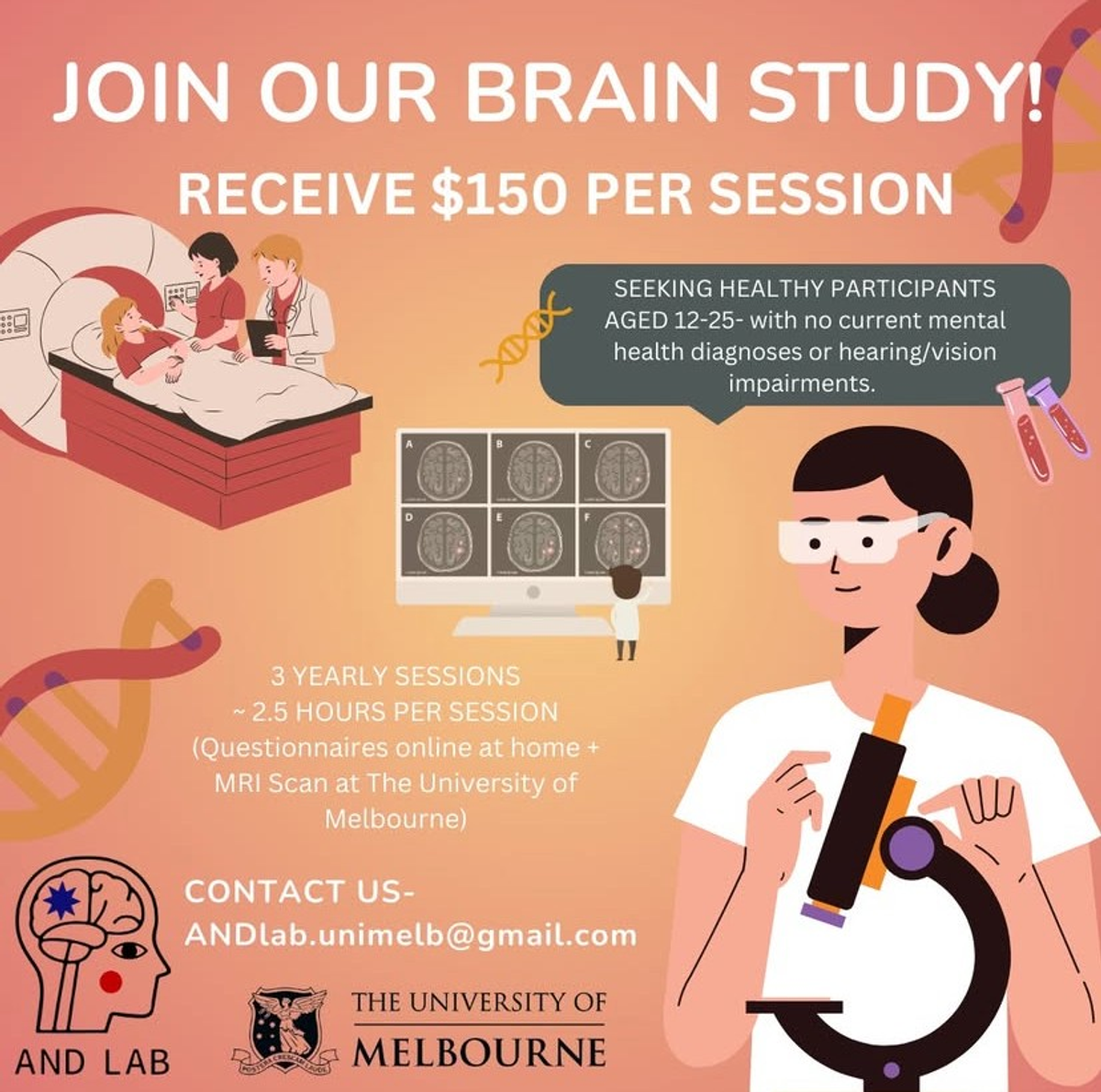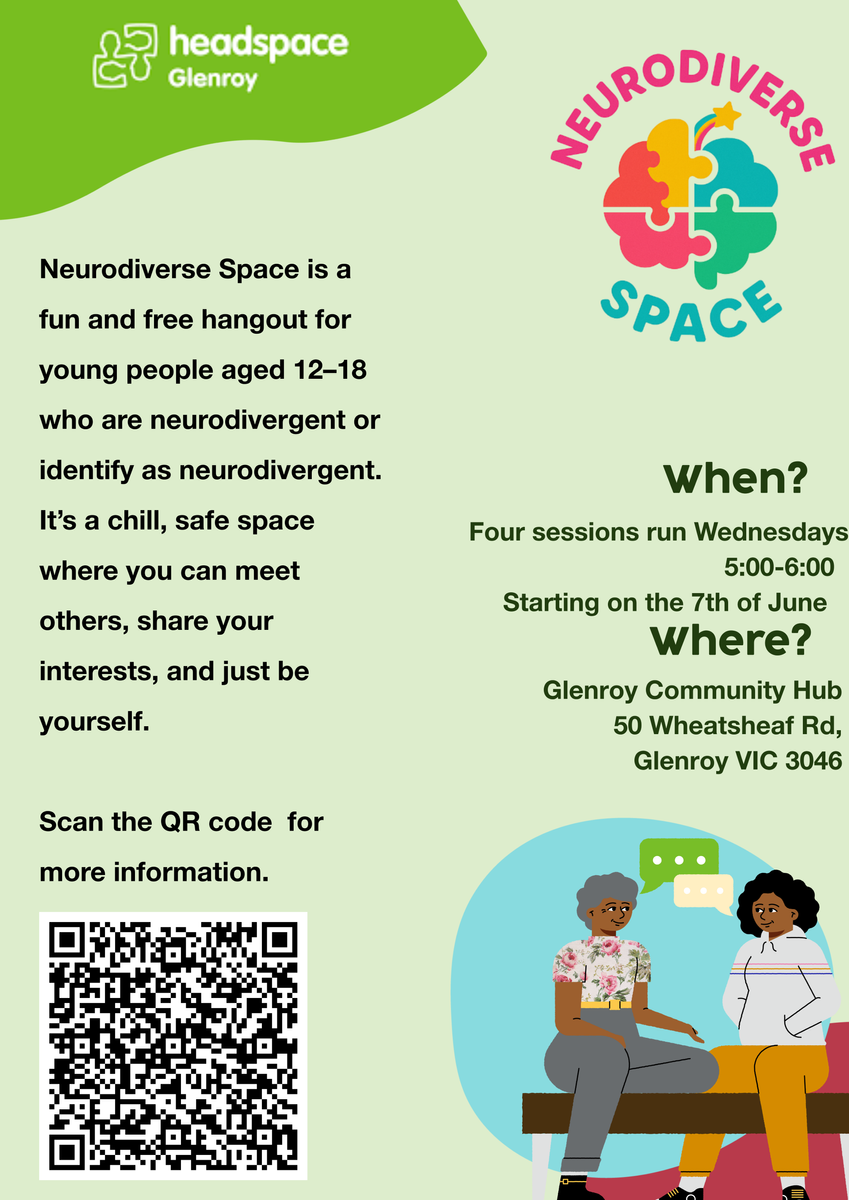Student Services: Wellbeing

Welcome to another addition of the Student Wellbeing news;
Winter can take a toll on both physical and mental health due to colder temperatures, less sunlight, and limited outdoor activities.
Here are some practical tips to stay healthy in both body and mind:
Mental Health Tips
- Get Natural Light Daily
- Aim for at least 20–30 minutes outside each day, even when it's cloudy.
- Stay Socially Connected
- Don’t isolate — schedule regular calls or meetups with friends or family.
- Join virtual communities, classes, or support groups if in-person isn’t an option.
- Set a Daily Routine
- Stick to consistent wake/sleep times.
- Build in time for self-care and enjoyable activities.
- Limit News and Screen Time
- Take breaks from screens, especially before bed.
- Choose uplifting or calming content when possible.
- Practice Mindfulness or Meditation
- Even 5–10 minutes of daily mindfulness, journaling, or breathing exercises can improve your mood.
Physical Health Tips
- Keep Moving
- Try indoor workouts (yoga, pilates, dance, resistance bands).
- Take walks outside when possible to get both exercise and light.
- Eat Warm, Balanced Meals
- Focus on whole foods: lean proteins, seasonal vegetables, complex carbs.
- Soups and stews are great for nutrition and comfort.
- Stay Hydrated
- People often forget to drink water in winter; herbal teas can help increase fluid intake.
- Boost Immunity
- Take vitamin D if you’re not getting enough sunlight (consult your doctor).
- Ensure adequate sleep. Rest is important to boost metabolism and heal after illness.
Bonus Tips
- Embrace Hygge (coziness): Think warm blankets, hot drinks, soft lighting, and calm environments.
- Set Seasonal Goals: Learning a new skill or hobby can help to improve your mental health over the Winter months.
Resources
Family therapy (Matters)
Family Matters is a free family therapy program that supports families who live in Melbourne's Northeast region. The program works with a diverse range of families who are experiencing challenges with family functioning and connection
The program has a focus on improving family relationships and preventing family breakdown.
Family therapists work with the ‘whole of family’, which allows various family members to attend sessions. This approach gives each family member the opportunity to express their thoughts or feelings, not only about the problem, but also possible solutions.
Matters is funded by the Federal Government.
Matters program outcomes
The program aims to help families:
- strengthen the connection between adolescents and their family
- increase parenting confidence, capacity and skills
- experience less stress, conflict and harmful behaviours
- have more positive family relationships.
Adolescents who have participated in the program often say they feel more understood and better able to communicate with their parent. Matters currently has no waiting period. Self-refer your family here.




